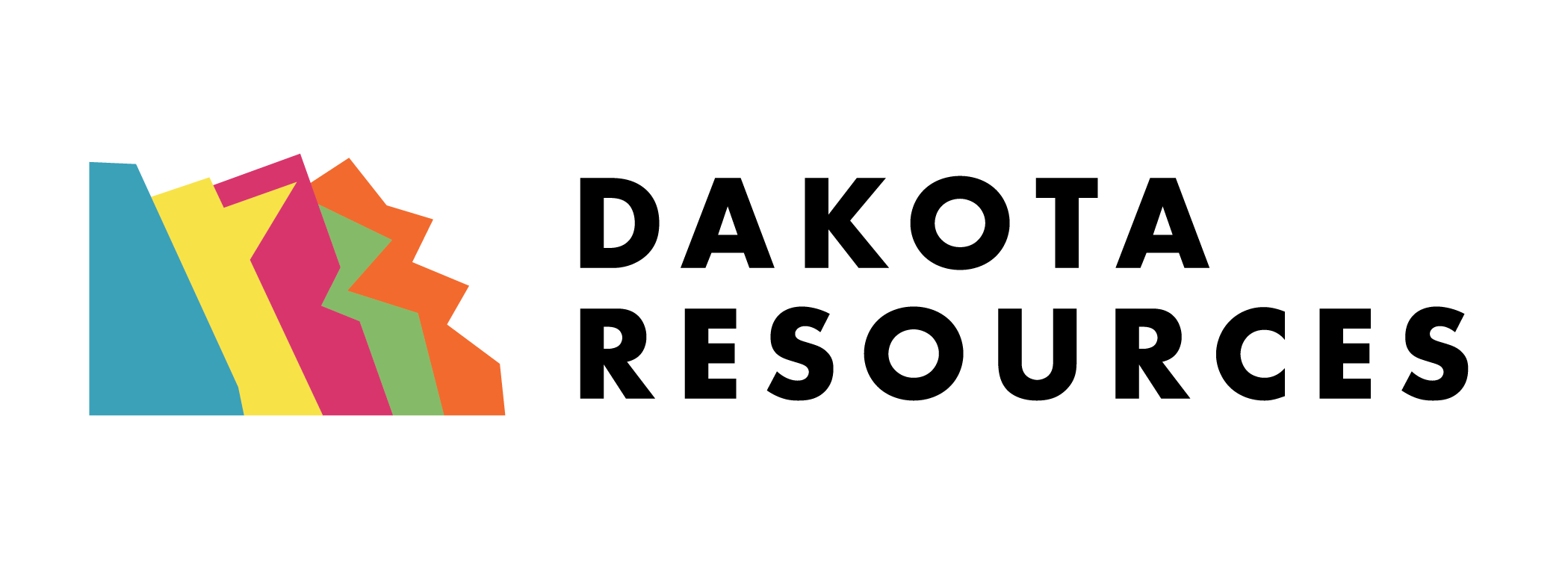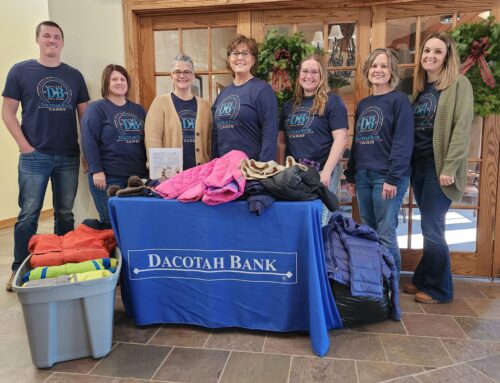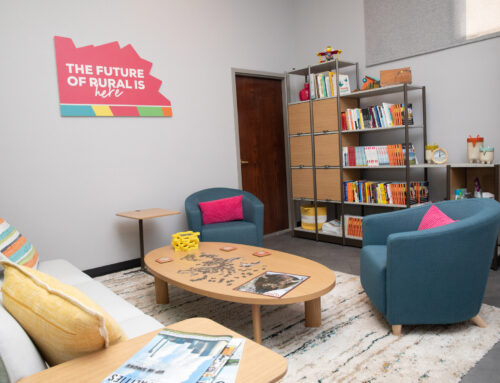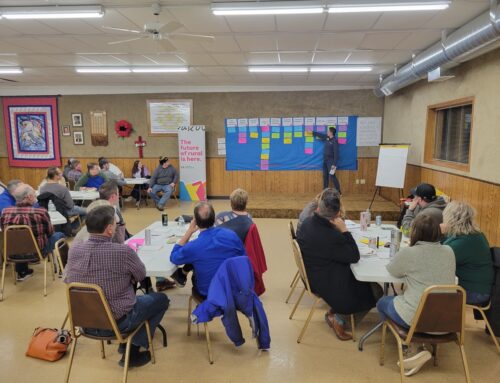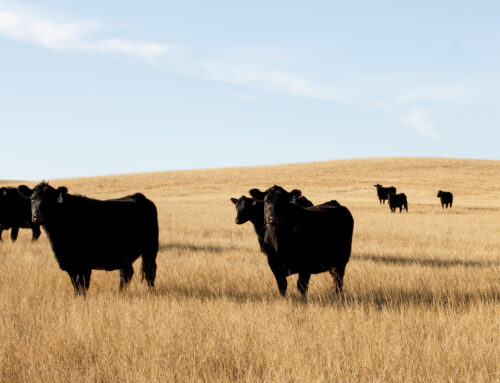Training Healthcare Professionals to Make an Impact in Rural Communities
The decision to pursue a career in healthcare is only the first step in what can be a lengthy process. Whether a potential medical student elects to pursue anesthesiology, family practice, surgery, or other specialties, one of the first questions a student needs to answer is, “Where should I apply for medical school?”
For many students who come from rural areas and who seek to return to rural communities to serve as healthcare professionals, the answer to that question can be answered like this: the Edward Via College of Osteopathic Medicine (VCOM). With campus locations in Virginia and the Carolinas, as well as at Auburn University in Alabama and at the University of Louisiana – Monroe, VCOM medical school campuses are amongst the top two graduate-producing medical schools in the nation, yet are one of few medical schools with a mission-based focus on serving rural communities.
In particular, the VCOM medical schools at Auburn and at Louisiana – Monroe were financially supported in part through Dakotas America’s New Markets Tax Credit work, and while Louisiana – Monroe will graduate its first class of doctors next May, more than 5,000 doctors have graduated from a VCOM institution since the first campus opened its doors in 2007, according to John Rocovich Jr., Chairman of VCOM.
“Funding from Dakotas America has made a tremendous difference in rural healthcare,” Rocovich said. “We were able to build these medical schools at a reasonable cost, which helped us to keep tuition for students more affordable, so that they can afford to live and work in underserved areas. These allocations have been essential and highly valuable for our work to train doctors to serve in rural communities.”
Healthcare professionals are needed everywhere, but rural communities are experiencing unparalleled shortages nationwide, particularly when it comes to those who are trained in primary care. According to a report released by the Association of American Medical Colleges (AAMC), the U.S. faces a projected shortage of between 37,800 and 124,000 physicians by 2034. Additionally, such shortages only continue to hamper efforts to remove barriers to care, such as rural communities with lower populations. Early projections report that when underserved areas in the U.S. are taken into account, the physician shortage is actually between 102,400 and 180,400 physicians by the year 2034.
In light of both the current and the projected physician shortage nationwide, the impact of medical schools like VCOM, particularly when it comes to rural shortages, simply cannot be overstated. According to Rocovich, nearly 70% of VCOM graduates specialize in primary care, while other graduates choose to specialize further in psychiatry, general or specialized surgery, emergency response, and public health. Furthermore, the majority of VCOM graduates go on to work in rural communities in the Appalachian, Southeast, and Delta regions of the United States, many of whom completed their residency training in that area as well.
“Students show up at our VCOM campuses knowing our mission; we take very seriously the obligation and honor to prepare globally-minded, community-focused physicians to meet the needs of rural and medically underserved populations,” Rocovich said. “We try very hard to recruit students from rural areas, train them in rural areas, and send them back to serve in rural areas as primary care physicians.”
When it comes to VCOM’s dedication to training doctors in primary care, Rocovich points to the impact of treating people for common conditions such as obesity, diabetes, and high blood pressure. While complications associated with these conditions can necessitate a visit with a specialist, much of the ongoing maintenance of these ailments can be treated by a primary care physician without the stress of waiting to be seen by a specialist. In addition, of the 30 percent of VCOM graduates who do specialize, many choose to serve the general population in meaningful ways, from emergency medicine or general surgery to psychiatric care or internal medicine specialties, such as cardiology.
“We train our medical students to be confident and competent in serving a variety of patient types and ailments,” Rocovich said.
As for the work of training medical professionals who are ready to serve rural communities, Rocovich likens this work to many other professions or callings: it must remain a high priority.
“In this line of work, we can never rest or rely on the feeling that we’ve done enough; we have to keep going and keep pushing,” he said. “The impact of healthcare echoes throughout eternity, because it affects people today, their children tomorrow, and their grandchildren in the decades to come. There’s an enormous difference and a tremendous impact that can be made for humanity and for everyone’s quality of life through healthcare, and in that way, our work is never done.”
**TAKE ACTION: Learn more about the Edward Via College of Osteopathic Medicine (VCOM) campuses and initiatives here.
